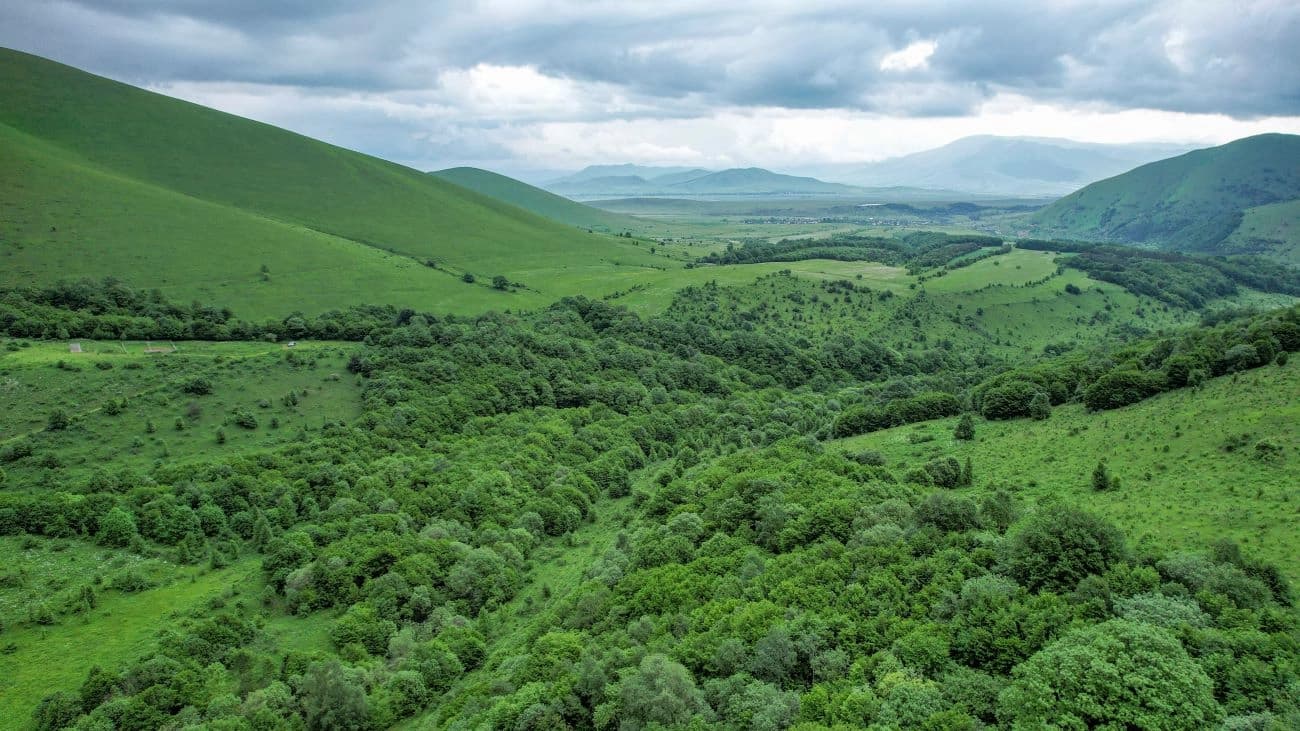The forest is an integral part of nature and its essence. On a global scale, it is considered a part of the biosphere. A forest is not merely a collection of trees and shrubs, It is a complex ecosystem of interrelated living organisms (plants, fungi, microorganisms, animals) and the inanimate world (soil, air, water). Within this ecosystem, the continuous circle of materials and energy connects all elements of living and non-living nature into a unified whole.
Forests have existed in nature for 400 million years, and for most of their history, they have formed naturally without human intervention. In fact, during 99% of their history, humans as a species did not even exist. Over time, forests not only occupied almost all the areas suitable for their growth and survival but also recovered many times after various disasters, creating a relative balance of stability in nature and the emergence of new, improved forest types. The natural development of forests has followed its cosmic mission—to bring a dynamic equilibrium to natural systems, continuously increasing the stability of ecosystems as they evolve. This qualitative feature of forest ecosystems is possible only under conditions of optimal reforestation.
The optimal afforestation, according to the famous Russian scientist A.A. Molchanov, is the proportion of the forested land that, together with other components of the ecosystem, best meets the economic needs while fulfilling the water-conserving, soil protecting, and climate-regulating functions. It also provides favorable conditions for the wildlife and contributes to the increase in agricultural productivity.
Forests are an essential part of the geographical environment, closely linked to the existence and development of numerous sectors of our country’s economy.
The scientific research indicates that in Armenia, the optimal level of forest cover should be at least 20%. Considering the current forest coverage of our country is only 11%, it becomes clear that this percentage area is insufficient to maintain the country’s natural ecological balance. Therefore, the creation of new forests should be considered as a top priority task of national importance.
Thus, returning to the question posed in the title- does nature require us to create new forests-then we can say with all confidence that humanity needs to create new forests in order to ensure its livelihood and well-being. Nature will always find its solution, and some kind of balance will be created in any case. Another question is whether that balance will be in favor of humanity if we continue to only consume nature's resources.

